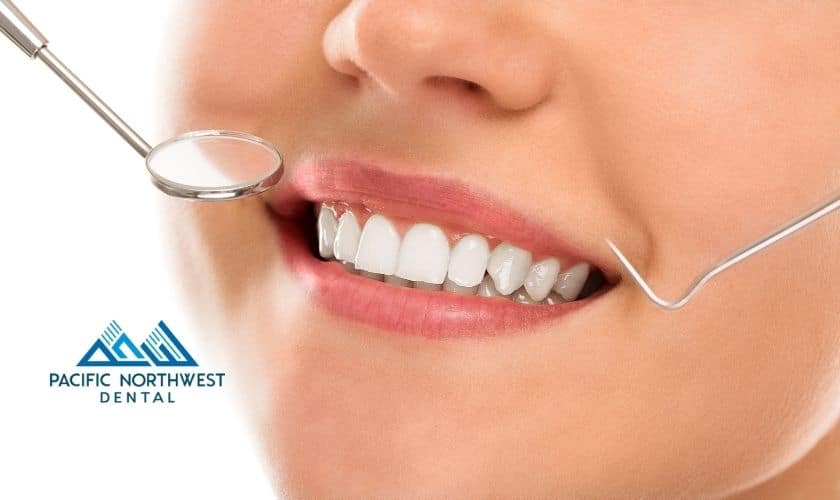
Even though reliable and scientific information about oral health is widely available thanks to the Internet, dental health myths still persist. Some of these myths have been around for generations. To make matters worse, some of them are harmful to your health. Here are some of the most common dental myths and the reality behind them.
ORAL HEALTH IS ONLY ABOUT YOUR TEETH
When you say “oral health” or “dentist,” the first thing that comes to mind is teeth. While this may be the primary focus, there are also other areas inside your mouth like the gums, palate, and tongue that are important. Problems that affect your teeth may also affect other parts of your mouth and even your whole body.
ONLY SWEETS ARE BAD FOR YOUR TEETH
It’s true that foods rich in sugar can have an effect on your dental health. This is due to the carbohydrates and starch they contain, which provide a breeding ground for bacteria to reproduce in. But sweets aren’t the only food that can have an impact on your teeth. In fact, any food that you consume may leave tiny particles behind on your teeth. These particles turn into acid in your mouth and will also provide good conditions for bacteria to breed in. This is why it’s ideal to brush your teeth after every meal, if possible.
BRUSHING YOUR TEETH FREQUENTLY KEEPS THEM HEALTHY
We all know that not brushing your teeth enough can cause oral health problems. But excessive brushing also has negative consequences. In fact, you will end up wearing off the enamel of your teeth, which is responsible for protection from tooth decay.
EATING TOO MANY SWEET FOODS WILL CAUSE CAVITIES
The actual quantity of sugary foods you consume won’t be the primary cause of cavities. Rather, it’s the amount of time the food particles remain on your teeth that is damaging. Anything that contains carbohydrates, like sweets, but also bread and potatoes, will attract bacteria, which then produce acid that will eat away at the tooth, producing a cavity.
This is why brushing after meals is recommended. If you can’t brush in the middle of the day, try rinsing your mouth with a glass of water. Also, avoid consuming too many sweet drinks throughout the day, since some of the sugar will end up on your teeth, just like with food.
TRIED AND TRUE TIPS FOR BETTER DENTAL HEALTH
Brushing your teeth can mean a lot of things. You have to brush correctly and with the right toothbrush for you. This means brushing the outside and inside of each tooth at a 45-degree angle so that you’re brushing under the gums. We’ll recommend the right brand and softness for you.
It should take at least two full minutes for a solid brushing. This can seem like a really long time. Some parents put timers on for their children… maybe this same trick can work for you. It will soon become second nature, but just make sure you’re still brushing correctly and don’t zone out.
Flossing at least once a day is mandatory. When you come in for an appointment, we’re happy to instruct you on proper technique. It might seem unsavory, but if a particular place has an odor, that’s where you should be concentrating your flossing. If you bleed when you floss, don’t stop—that means you actually need flossing more.
Fluoride isn’t just for kids. If you live in a region where fluoride isn’t added to tap water, pick up a bottle of Act! mouthwash. It’s alcohol-free and gives you the protection you need.
THE BIGGEST TIP EVERYONE SKIPS
Don’t miss your dental appointments. Even if you have healthy teeth and gums, you should see a Beaverton dentist twice a year for cleanings/check-ups. Catching problems early is important. Many of us procrastinate setting our dental appointments, which can only make small problems large ones.
Even if you practice stellar dental hygiene, you’ll inevitably have at least one issue down the road that only a dentist can catch and help you with. While insurance can be expensive, it can get a whole lot more expensive to fix a problem than to prevent it.
